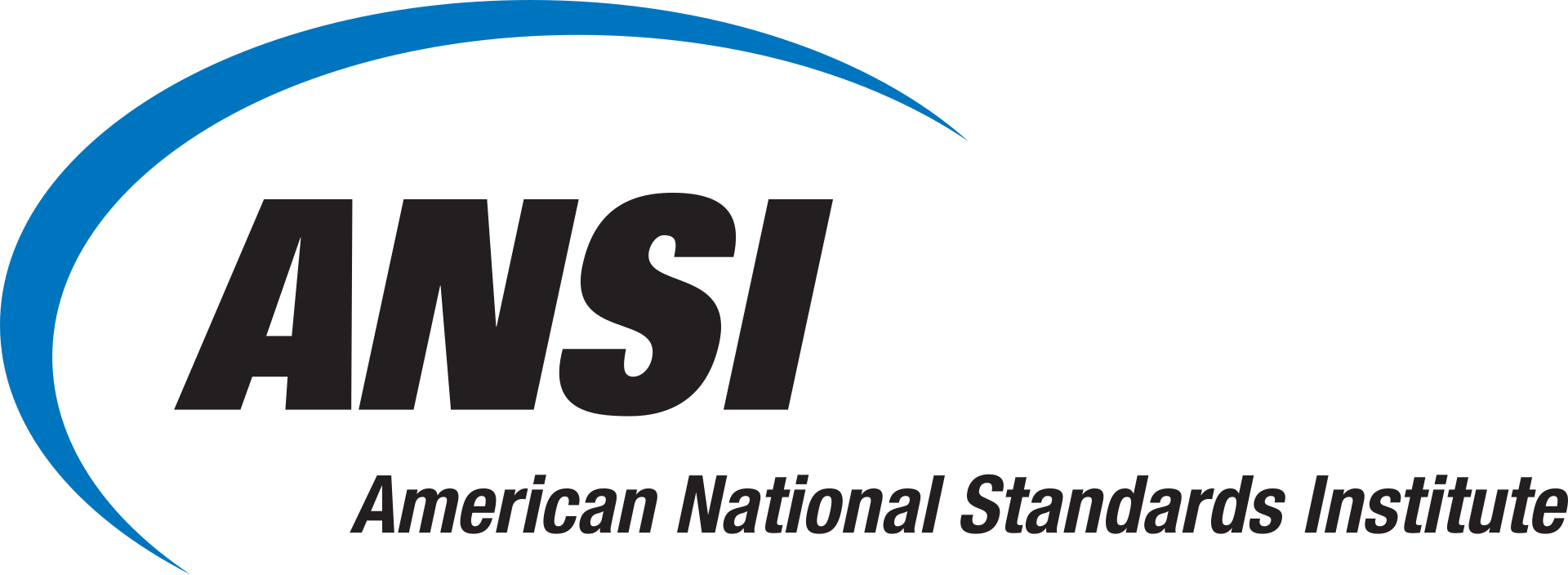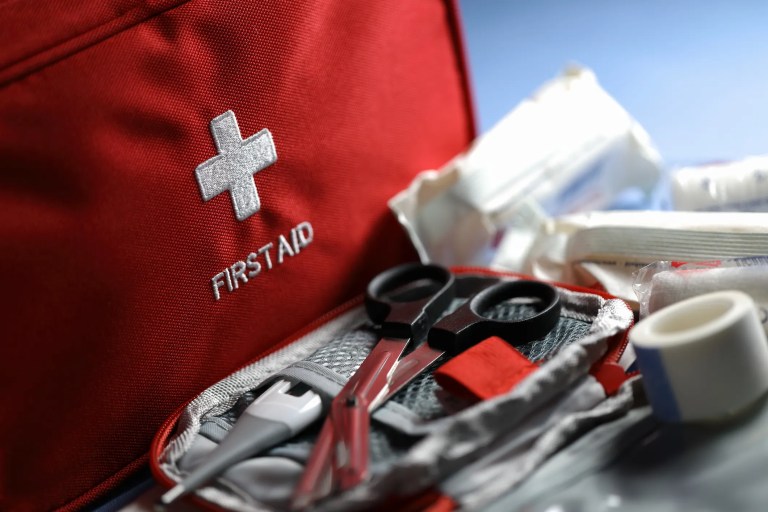ISO 37001:2025 Anti-bribery Standard

ISO 37001:2025 – Anti-bribery management systems – Requirements with guidance for use has been released. This international standard, now in its second edition, helps organizations, whether they are public, private, or non-profit, prevent bribery within their activities.
Bribery in the World Today
Bribery raises serious social, moral, economic, and political concerns, undermines good governance, hinders development, and distorts competition, in addition to being negatively impactful to human rights. Bribery unfortunately activity of corruption that has remained all too present in the world today.
Governments have made significant progress on combating bribery in recent history, through international agreements such as the Organization for Economic Co-operation and Development Convention on Combating Bribery of Foreign Public Officials in International Business Transactions and the United Nations Convention against Corruption. National laws further add to these regulations. In most jurisdictions, it is an offense to engage in bribery.
However, despite these laws, bribery still persists. There were 238 cases of bribery reported to the U.S. Sentencing Commission in the fiscal year 2023. Internationally, the global trend of weakening justice systems is reducing accountability for public officials, further exacerbating issues with corruption. This affects nations all over the world, but the developing world is uniquely susceptible to the impact of corruption. In fact, bribery, corruption, theft, tax evasion, and other illicit flows cost developing countries $1.26 trillion per year.
ISO 37001 and Anti-Bribery Management
ISO 37001:2025 strives allows for organizations to incorporate an anti-bribery management system to evaluate and improve current practices. While it is not meant to address any other corrupt practices, such as fraud or money-laundering, an organization can choose to extend the scope of the management system to include such activities.
ISO 37001:2016 also makes use of the shared Annex L (formerly Annex SL) structure. Because of its similarity in structure to other ISO Management System Standards, the anti-bribery management system standard and the system itself can even be incorporated into an organization’s overall quality management system.
Changes to ISO 37001:2025
ISO 37001:2025 is the second edition of the international standard for anti-bribery management systems, revising the initial publication of the document from 2016. The revision went through the following changes of note:
- subclauses were added on climate change and stressing the importance of the compliance culture
- conflicts of interest were addressed
- the concept of the anti-bribery function was clarified
- the wording was harmonized with other standards where appropriate and reasonable
- the latest harmonized structure was introduced
This revision also incorporates an amendment to the standard from 2024 that related to climate change.
ISO 37001:2025 – Anti-bribery management systems – Requirements with guidance for use is available now on the ANSI Webstore as well as in the following Standards Packages:
- ISO 37001 – Governance Management Collection
- ISO 37001 / ISO 37301 – Anti-bribery Compliance Management Set
- ISO/TS 17033 / ISO 37001 / ISO 37002 / ISO/TS 37008 – Ethical Organizational Governance ESG Package
Accreditation for ISO 37001 Anti-Bribery Management Systems Certification Bodies
As this standard has become the benchmark for anti-bribery management systems, to demonstrate compliance with its requirements, organizations seek out certification to the standard. To demonstrate credibility, the bodies that issue certifications to ISO 37001, along with other management systems certification bodies, benefit greatly from ANSI National Accreditation Board (ANAB) accreditation.
You can learn more about Accreditation for ISO 37001 Anti-Bribery Management Systems here.






